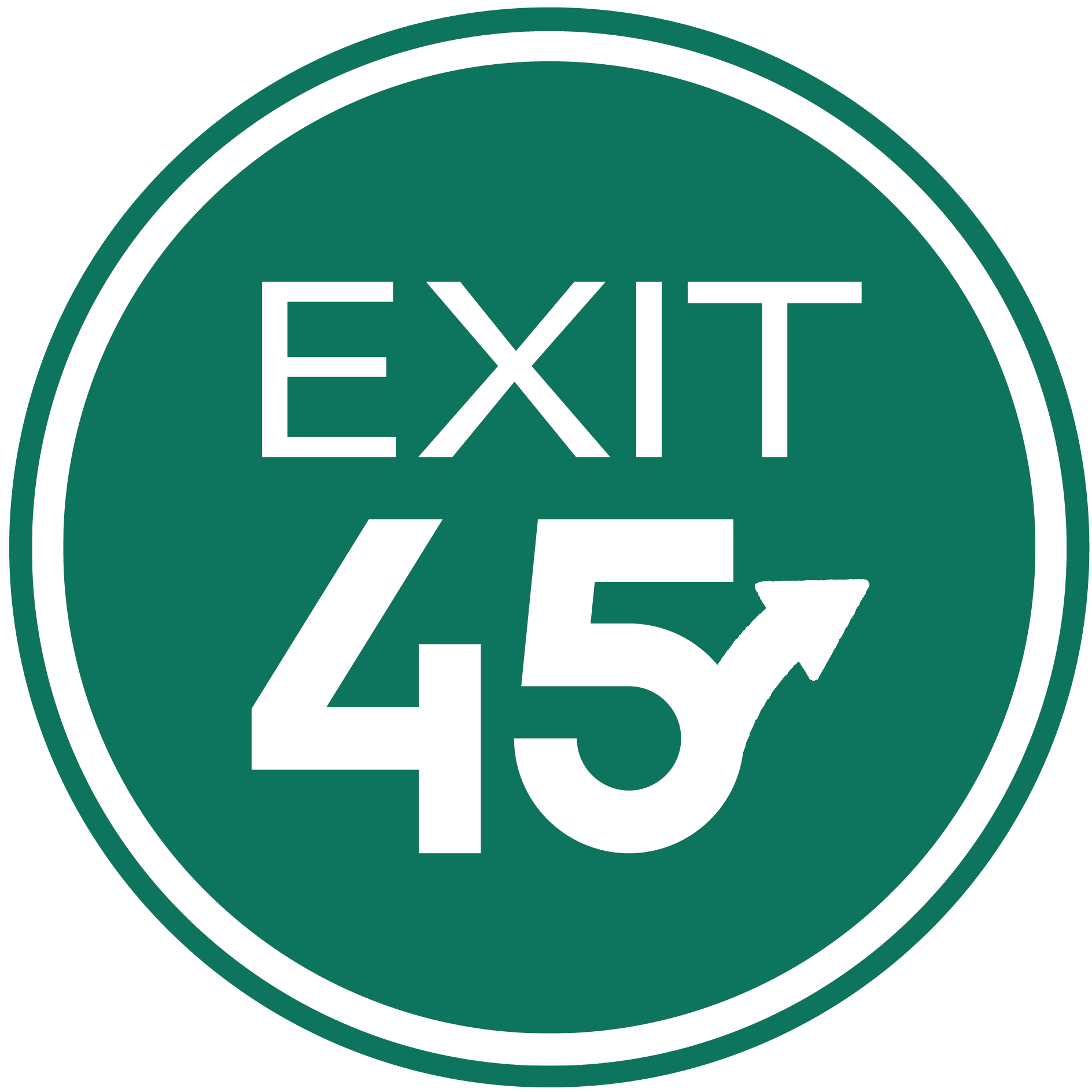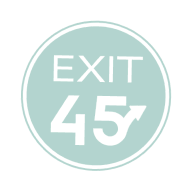Preparing to Sell Your Business - Improving Accounting Procedures
In the last issue (#33), we discussed Preparing to Sell Your Business – Minimizing Buyers’ Risk. This issue will discuss Preparing to Sell Your Business – Improving Accounting Procedures.
"If you don't measure something, you can't change it. The process of leadership is one of painting a vision, then saying how you're going to get there, and then measuring whether you're actually getting there. Otherwise, you risk only talking about great things but not accomplishing them." Mitt Romney
Preparing to Sell Your Business - Improving Accounting Procedures
Merriam-Webster defines accounting as “the system of recording and summarizing business and financial transactions and analyzing, verifying, and reporting the results.” However, different accounting procedures can produce different reporting results. Many small business owners and their advisors consciously choose to use procedures within their accounting system to minimize taxes. Tax minimization predominates in small business accounting, but is counterproductive when it comes to selling your business. One technique to increase the value of your business when preparing for a business sale is to change your accounting procedures to stop minimizing taxes and instead maximize reported profitability. The revised procedures should be put into practice a minimum of 3 years before selling and are best implemented beginning 5 years in advance of selling your business.
Tax minimization predominates in small business accounting, but is counterproductive when it comes to selling your business.
Stop minimizing taxes; instead maximize reported profitability
Many small businesses utilize the cash-basis of accounting rather than the accrual basis. Doing so enables businesses to accelerate expenses into the current tax year and defer revenues to the following tax year. This is a very aggressive method of minimizing taxes, and it follows that this method minimizes earnings and unfortunately minimizes business valuations. Even if you maintain a parallel accrual-basis accounting system, buyers and lenders will rely on your tax returns, which utilize the cash-basis approach. Cash-basis accounting systems have a severe detrimental effect on both the salability and valuation of your business and, if possible, should be changed to the accrual-basis for tax reporting purposes at least 5 years in advance of your intention to sell your business.
Eliminate excessive personal expenses and skimming cash
Similarly, if you run personal expenses through your business to minimize taxes, that practice is counterproductive to the value of your business. Although some of those expenses might be able to be “sold” as add-backs to arrive at seller’s discretionary earnings (SDE), buyers often fight those adjustments and lenders will not consider them at all in determining the value of the business. Also, many small businesses “skim” cash by never reporting some cash transactions. This practice understates revenues and earnings and thus reduces the value of the business. Because there is no method of verification, buyers and lenders will not accept add-backs for unreported cash transactions. In addition, it is illegal and therefore an attempt to add-back unreported cash shouldn’t even be considered. If these tax minimization procedures are utilized in your business, it’s best to eliminate them at least 3 years in advance of your intention to sell your business. Read this article for more information: Issue #72 – Excessive Personal Expenses and Skimming Cash.
Stop expensing capital expenditures
Another tax minimization strategy used by some businesses is to record capital assets they acquire into expense accounts rather than into asset accounts. By doing so, they expense 100% of the cash outlay in the year the asset is acquired versus having to depreciate the asset over several years. This practice understates earnings. In addition, because it is considered a non-cash expense, depreciation is a valid add-back to the net income of the business for purposes of determining SDE. To maximize your business value, it is best to eliminate expensing of capital assets at least 5 years in advance of your intention to sell your business.
Improve your inventory accounting system
Yet another area of tax minimization is the handling of inventory. When the value of inventory is understated, the cost of goods sold is overstated and earnings are thus understated, which negatively affects the business valuation. Inventory accounting in small businesses is notoriously poor, which represents a significant risk for buyers. By making improvements in your inventory accounting, you can minimize buyers’ risks while also improving the quality of information which you can use to further improve your business operations. Consider asking your outside accountant to evaluate and suggest improvements to your inventory accounting systems about 5 years in advance of your intention to sell your business.
Track key business metrics
Tracking key business metrics on monthly comparative reports can help spot negative and positive trends and identify opportunities for improvement. The nature of key business metrics will vary from company to company. Some common metrics are: leads to close percentages, gross margin percentage, payroll percentage, overhead percentage, average sale, sales by product line, average monthly sales, seasonality percentages, average accounts receivable collection period, average inventory levels and turnover rates, working capital levels, salesperson percentages, bad debt ratio, customer percentages, etc. To improve your business value, tracking metrics is insufficient by itself. You must take action to make improvements and then monitor your progress using the metrics.
Prior to selling your business, there is considerable opportunity to increase its value by reviewing and improving your accounting systems and procedures. In most instances, the further in advance you begin to address these issues, the greater the value improvement opportunity.
"Managers don't have to cook the books to manipulate earnings; they often have all the power they need in the leeway built into accounting rules." Fred S. Worthy
Overcome the Power of Inertia
Overcome the Power of Inertia and call a business broker for a free consultation. Many brokers offer no-charge, no-obligation evaluations of small businesses. They can provide a broker opinion of value and help you identify obstacles to a successful sale as well as opportunities for improvement to increase the value of your business. That is a great way to start planning for a successful and profitable exit from your business.

